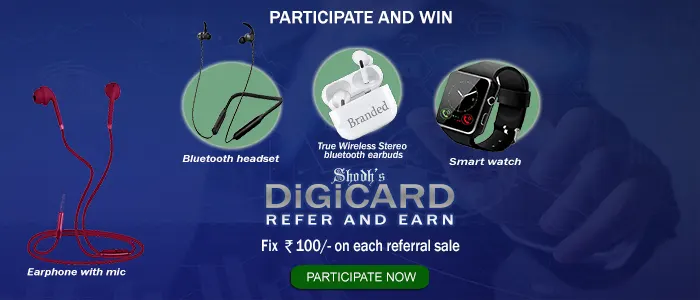Gadgets
Best laptops and notebook for daily use
Buying new laptop? Consider the aspect that may help you to purchase a good laptop.
- Size: If portability is your priority, you’ll want to go for a smaller sized Windows laptop. Laptops sizes tend to start at 11.6-inches and go all the way up to 17.3 inches. However, some vendors do sell laptops that fall outside these sizes including 11.6-inches, 12.5-inches and 14-inches.
- Screen quality: Make sure you get a screen that is comfortable to look at and use. Select modern laptops also now offer 4K resolutions. However, these high-end display panels are generally a costly add-on to an already-expensive product. They're only really going to be worth it for those who really need them, like content creation professionals.
- Keyboard quality: Always select comfortable keyboard. The keys should have adequate travel on the downstroke and snappy responsiveness when you let them go.
- RAM: At least 4GB of RAM or more to get the best out of your system. These days, you’ll probably want to think about 8GB as a minimum. RAM is an important part in laptop that helps you to perfom multi tasking while working with software applications & games. If you like to working on graphics software, engineering works you must use higher RAM capacity or add some additional graphics card. Graphics software & games can consume lot of RAM capacity.
- Storage:
Depends on your working needs you can select a hardrive.
A solid state drive (SSD), offers more speed than a hard drive, runs silently, and can be installed in a form factor that doesn’t add too much to the weight and bulk of a laptop. As a result of these clear benefits, most OEMs have embraced SSD storage as the standard for laptops.
The only problem is that SSDs don’t offer as much capacity in less cost. SSD is more expensive in terms of price-to-gigabytes than traditional hard drives.
The newest, fastest laptops also have NVMe solid-state drives which are much faster than traditional SSDs but also more expensive.
- Battery Life:
There are many variables that affect battery life. Screen brightness, screen resolution, number of applications running in the background or not you actively remain connected to Wi Fi networks or Bluetooth devices.
Software programs that need lots of processing, stream online video, playing graphics-intensive games or if you transfer lots of files over a wireless network, then your battery will drain sooner than what the vendor has quoted.
Choose battery as per larger milliamp-hours (mAh) capacity. Larger mAh capacity will longer the battery can last.









